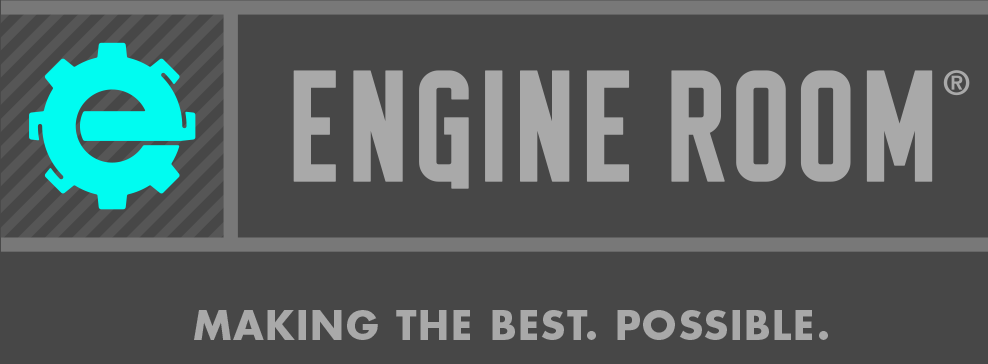 design purely for your target, or main, audience. However, companies that aren't ADA compliant may be in a world of trouble - lawsuits, stays of action and other legal action can be taken against them.
design purely for your target, or main, audience. However, companies that aren't ADA compliant may be in a world of trouble - lawsuits, stays of action and other legal action can be taken against them.
The Americans with Disabilities Act, or ADA, requires that all U.S. organizations have equitable access to their services for all users - including those with disabilities - and companies that don't comply are often hit with heavy penalties. That's why it's important to address ADA compliance - especially for varying cognitive abilities - when designing or updating a website.
Overview of ADA-compliant websites
In 2012, the U.S. Census Bureau reported that 18.7% of the U.S. population had a cognitive or physical disability - and that number has only grown since. With population growth, the number of lawsuits brought by the Department of Justice on behalf of digital users, against companies whose digital services fail to meet current ADA standards, have risen significantly.
The ADA doesn't contain specific digital compliance and accessibility requirements, because it was created in 1990, but the World Wide Web Consortium (or W3C) does provide guidance and recommendations. Their WCAG 2.0 document was the first set of accessibility standards and guidelines, which have since been updated to version 2.1.
Its long list of accessibility standards covers everything from HTML used in color design to JavaScript frameworks, to screen reader alt text for processors.
ADA compliance and cognitive abilities
WCAG standards help create a system in which websites are perceivable, operable, understandable, and robust, or POUR.
- Have text alternatives for all non-text content, such as images, videos, infographics, etc.
- Include adaptable content that works with assistive tools like screen readers.
- Use distinguishable elements, such as HTML tags, or help highlight differences in site elements.
- Have navigation and components that are operable and navigable by users of all cognitive abilities.
- Use coding that is keyboard navigable, such as tabs.
- Utilize timing so that people with any level of cognitive function will have time to access media, no matter their pace.
- Avoid causing seizures due to flashing elements such as pop-ups or vivid color flashes.
- Have default language that is specified within the main coding.
- Use predictable organization, such as common navigation patterns.
- Offer input assistance, such as error detection and correction.
- Have enough coding that any user can easily access the information, including those of average cognitive disability or using assistive technology.
- Be compatible with a wide array of technologies and user abilities.
Designing for ADA compliance in today's marketplace
A recent court case found Domino's Pizza liable for failing to comply with Title III, a part of the ADA that requires companies to have tools that don't prevent disabled users from accessing their public services.
In contrast, companies like Dropbox and YouTube have been applauded for their accessibility designs. YouTube, for example, offers a wide array of usability options, such as captions and subtitles, so that users of all cognitive abilities can access the media.
Addressing and improving your level of ADA compliance is therefore important in avoiding potential legal action: ADA-related lawsuits tripled from 2017 to 2018, from 814 to 2,258.
Benefits of an accessible web presence include:
- Gaining more customers.
- Being more inclusive and enhancing brand reputation.
- Adopting good digital design principles.
- Ranking higher in Google search results.
Never let a digital issue stop you from doing business
Our team of seasoned professionals at Engine Room has the technical and business know-how to solve any problem the internet throws at them. No matter your digital concern, we have the answer - whether that's ADA compliance, website builds, SEO concerns, and more!
Contact us today to learn how Engine Room can ensure your website is ADA compliant!





